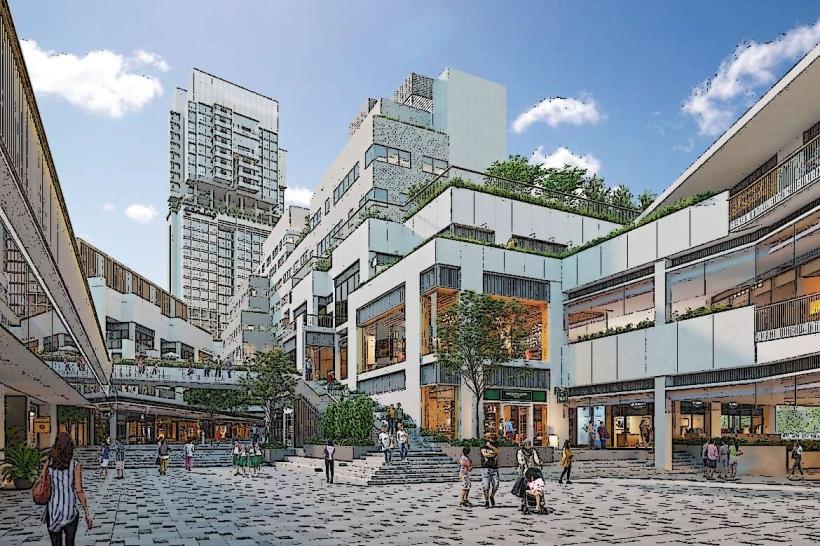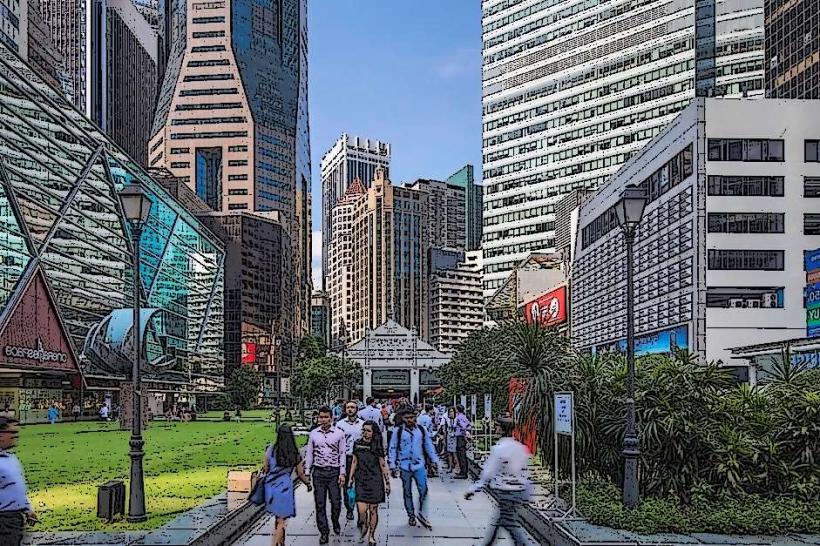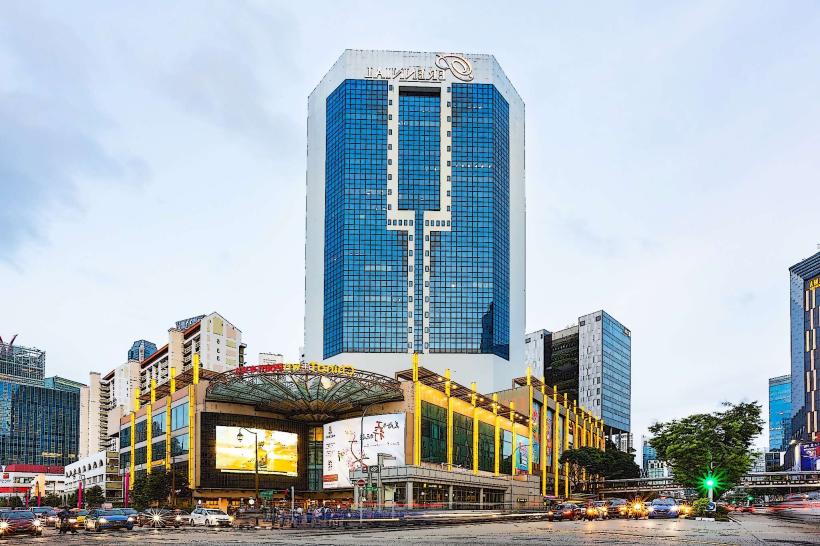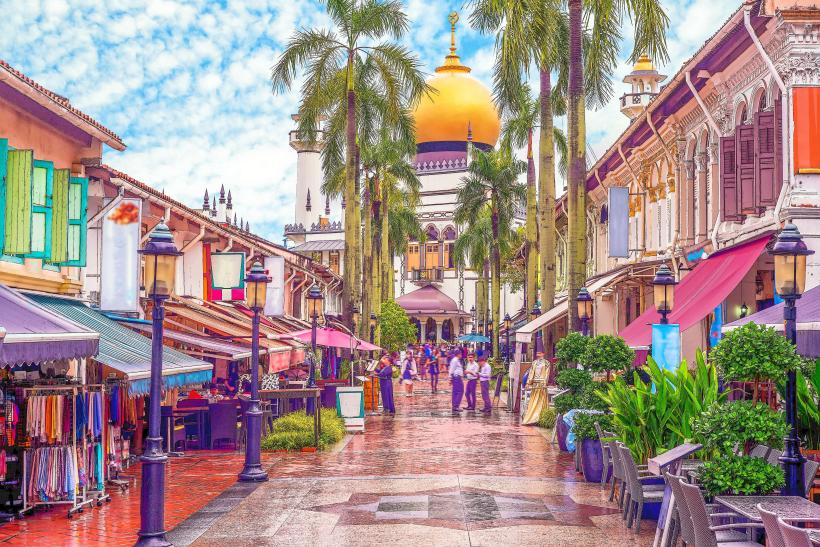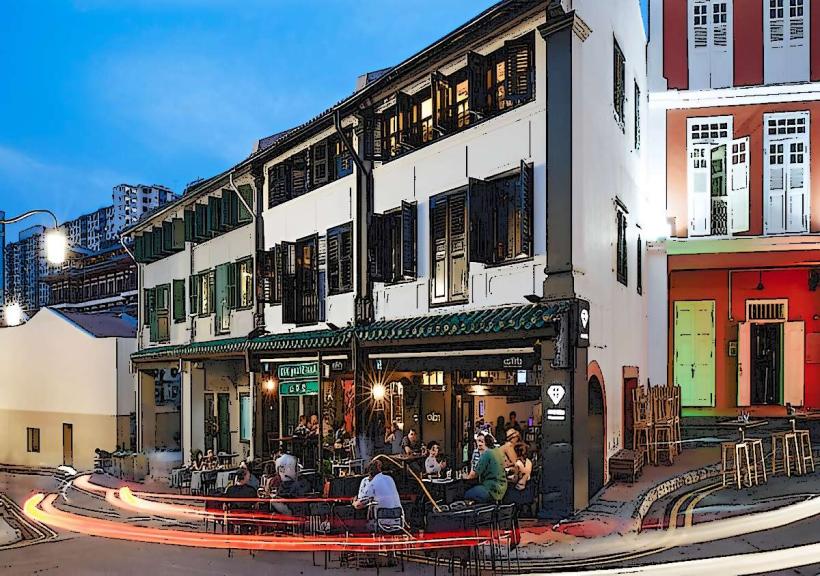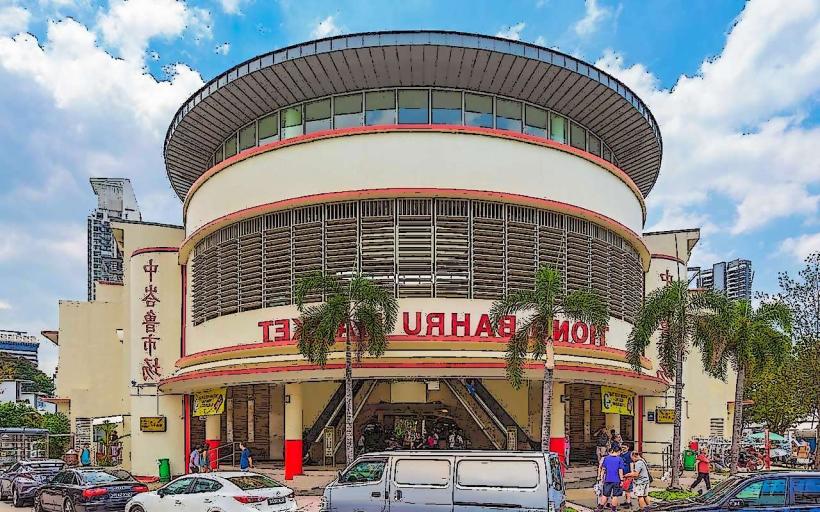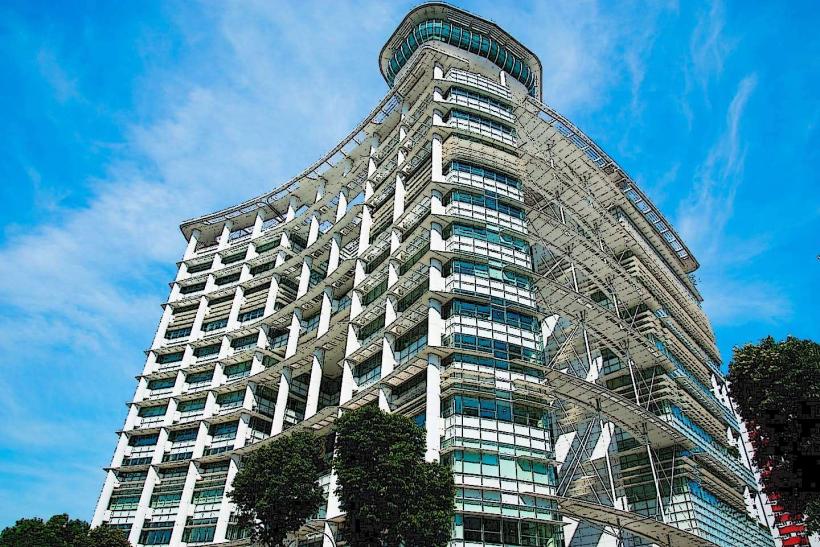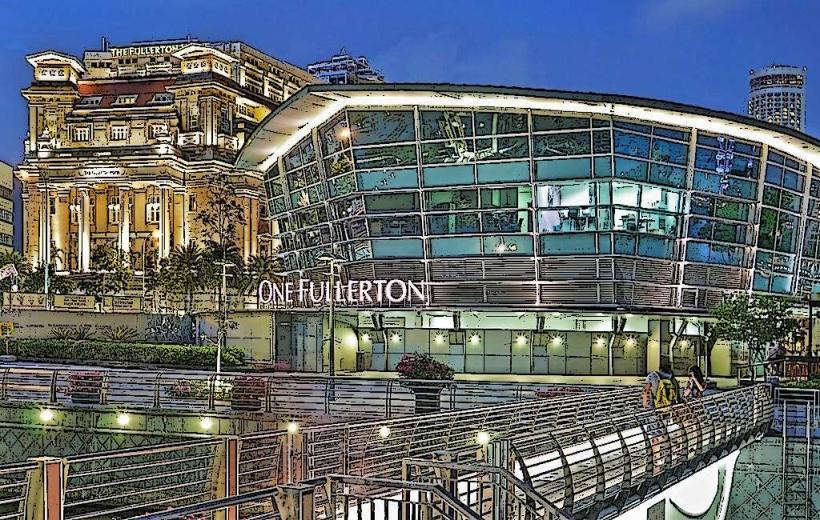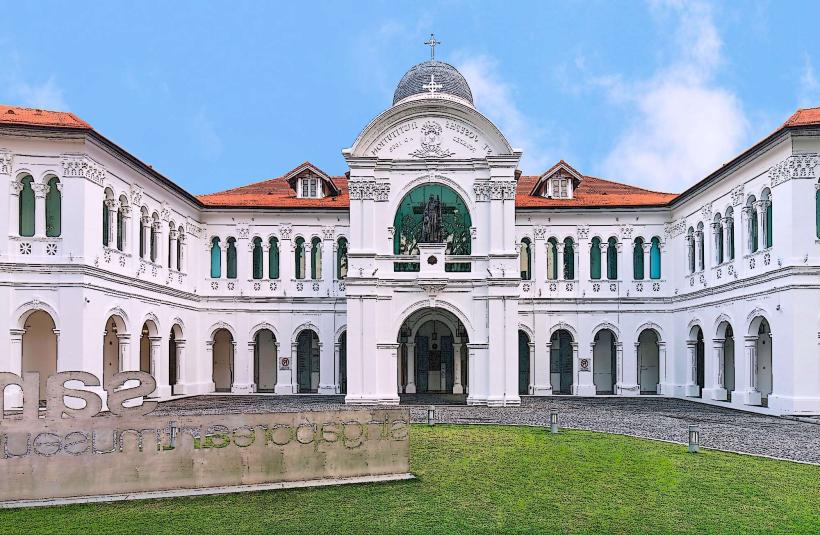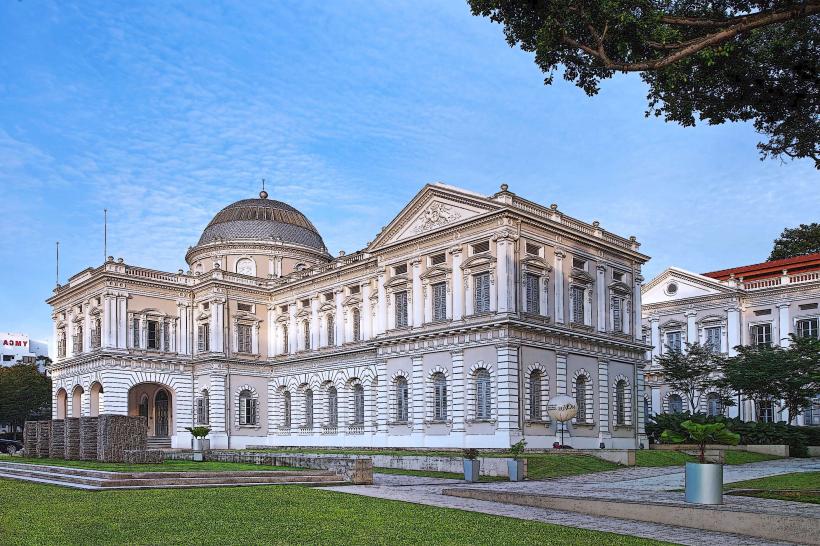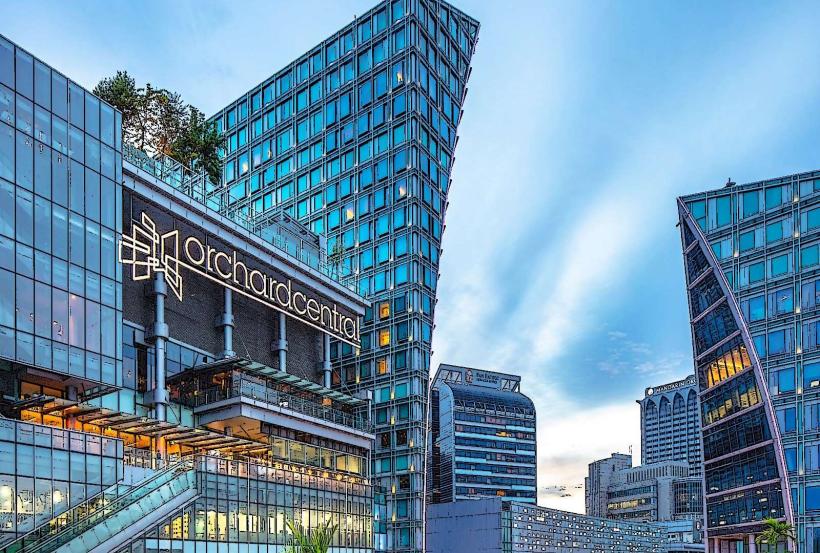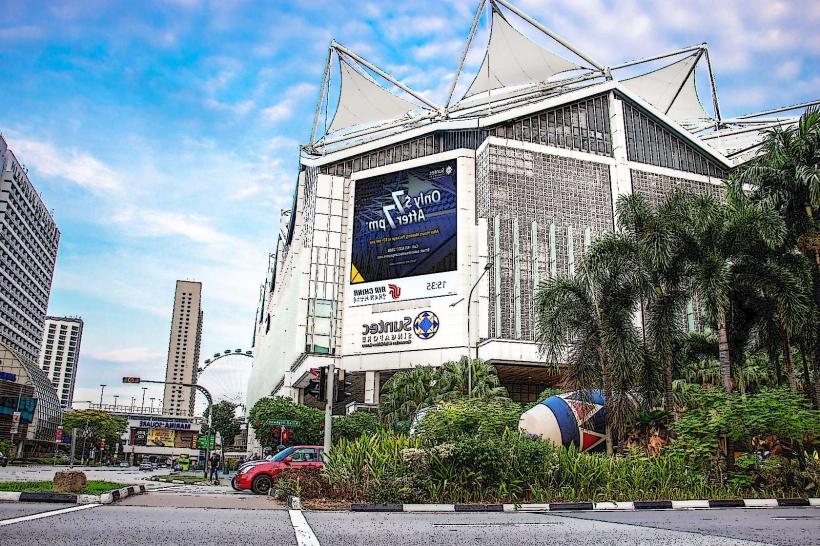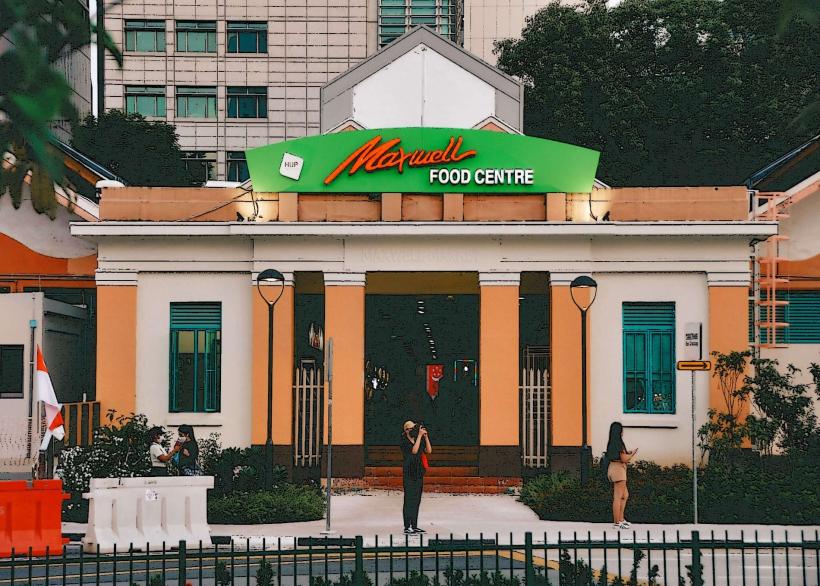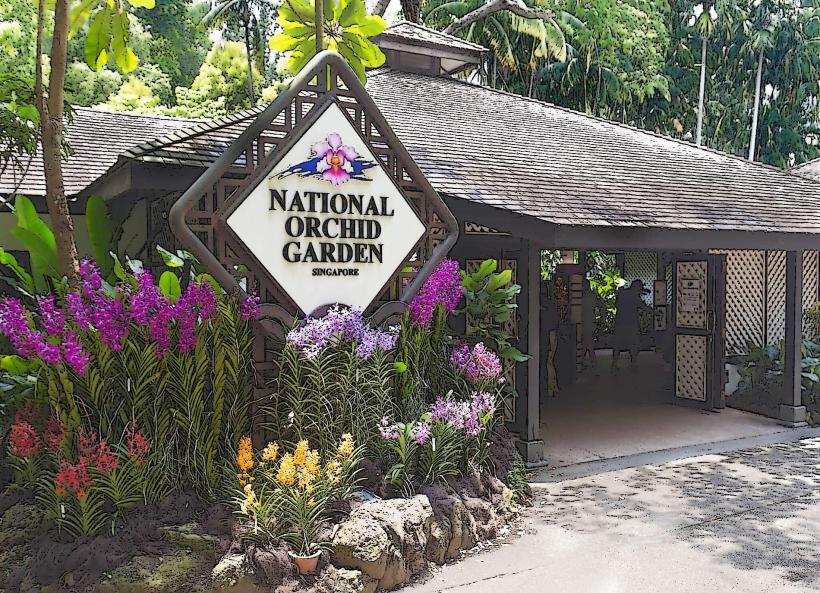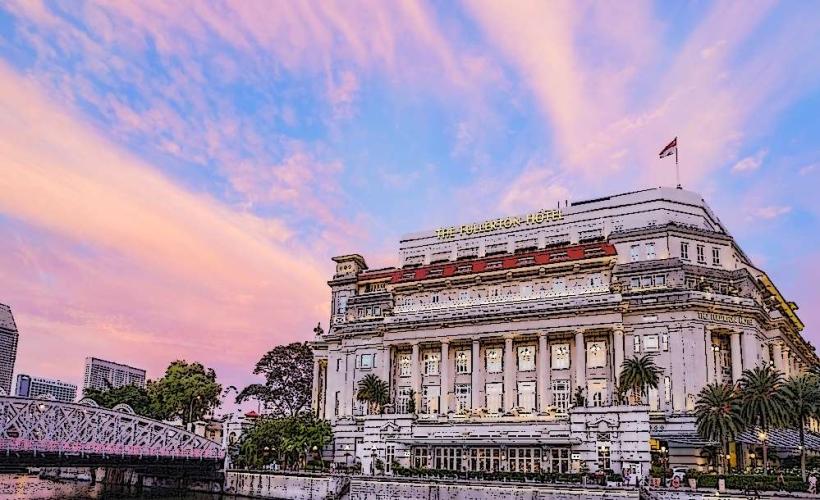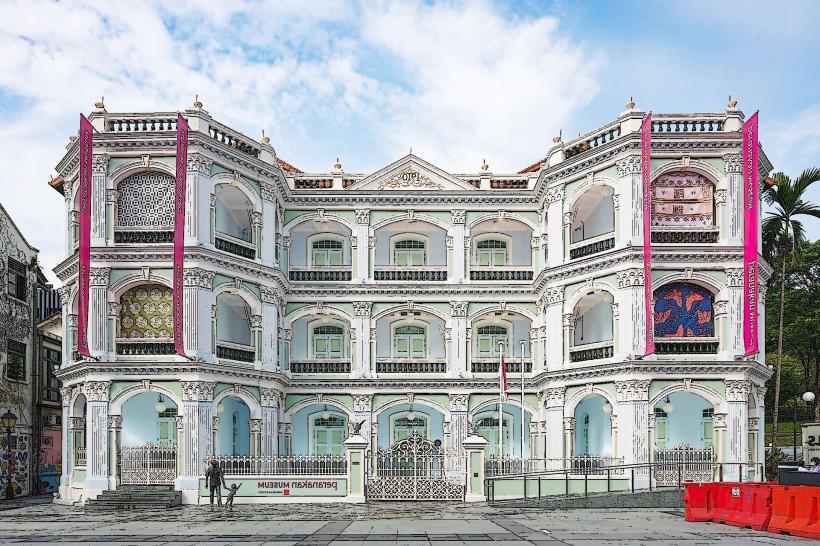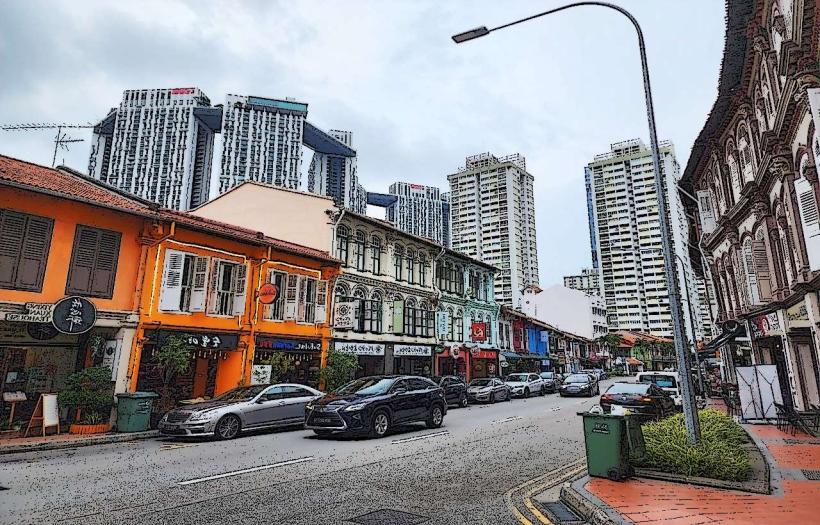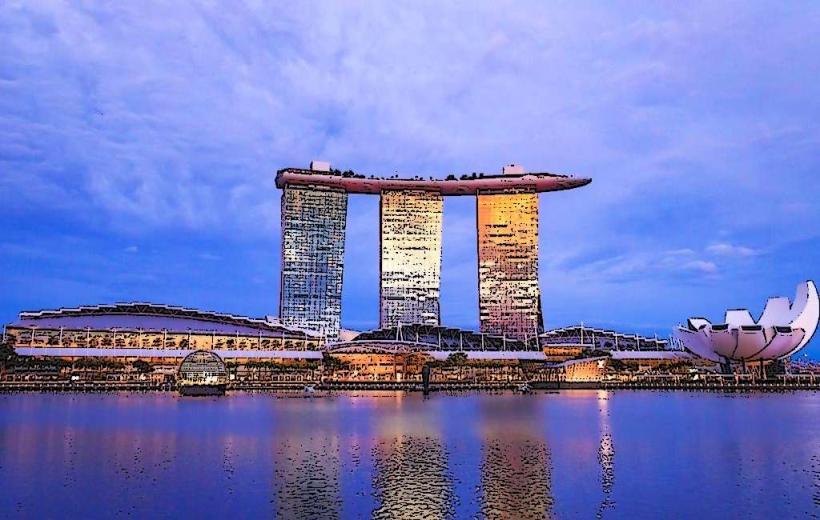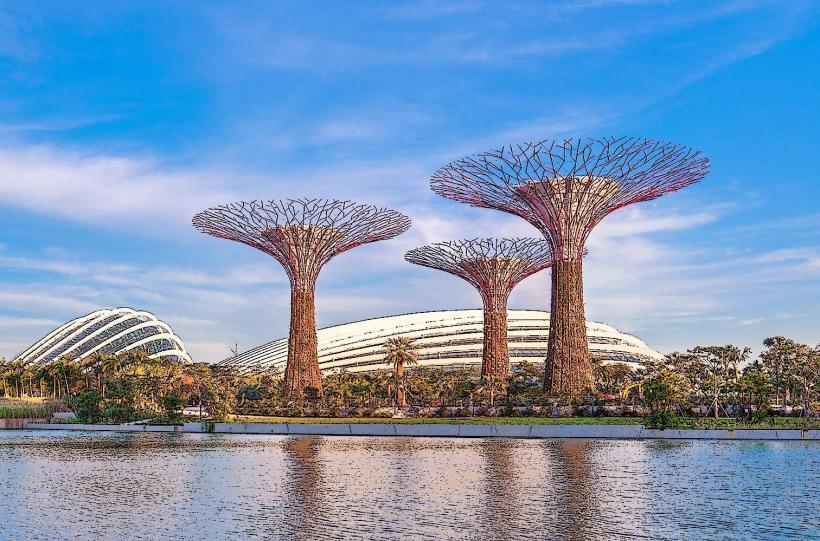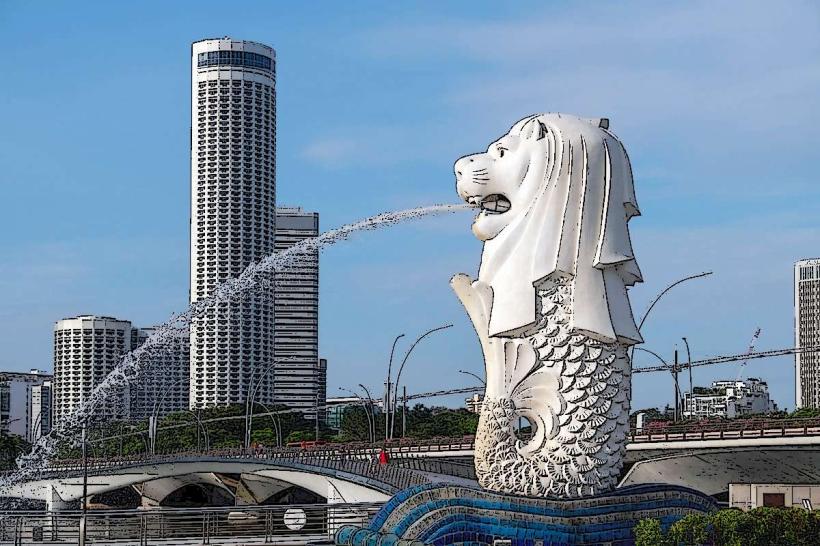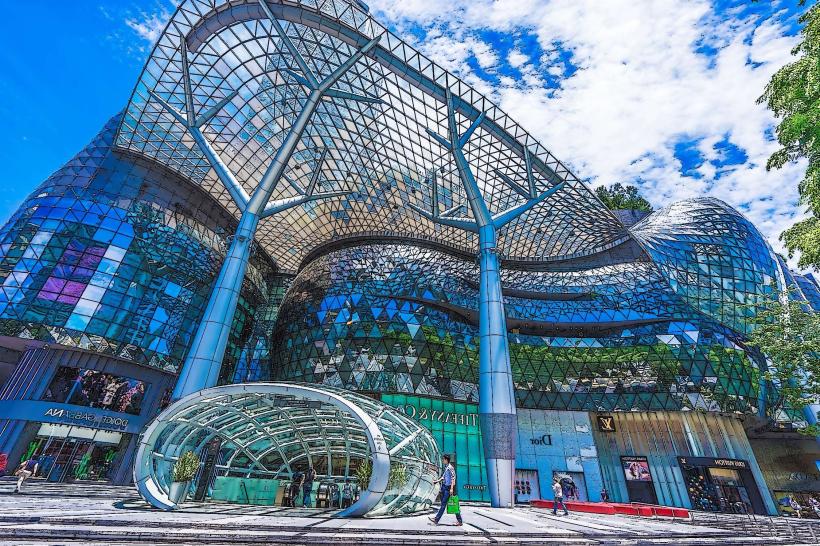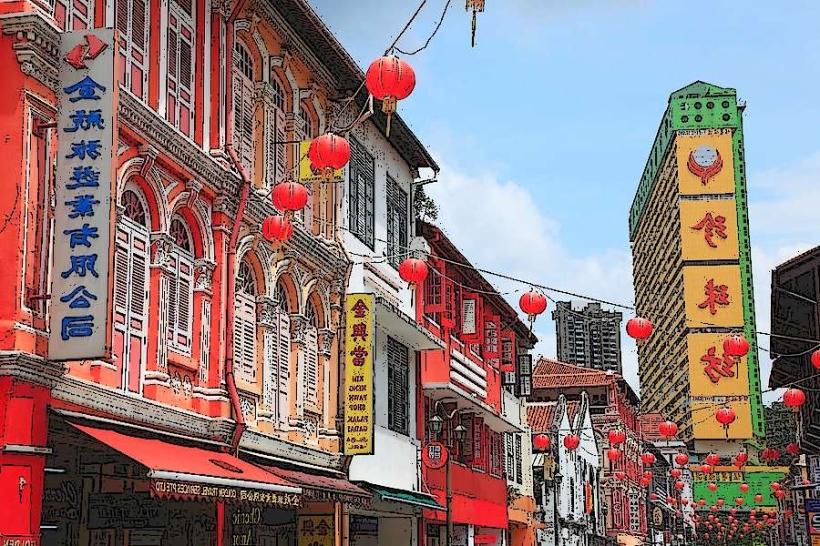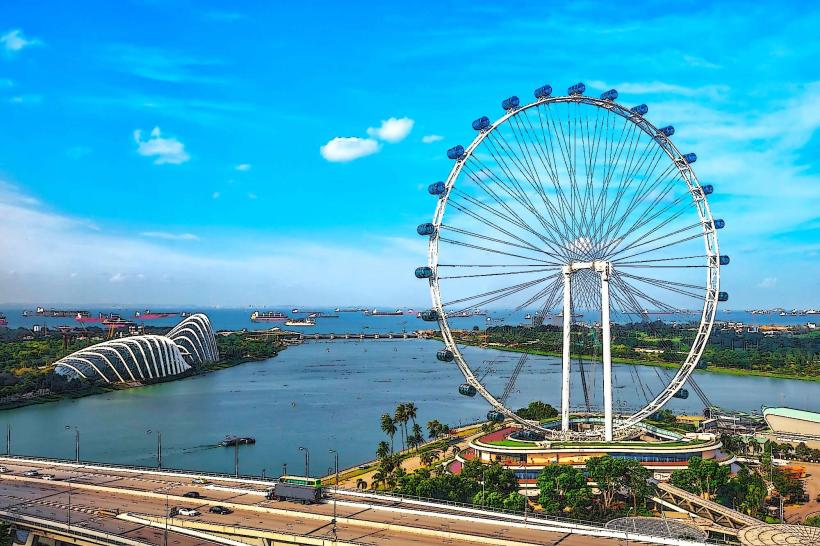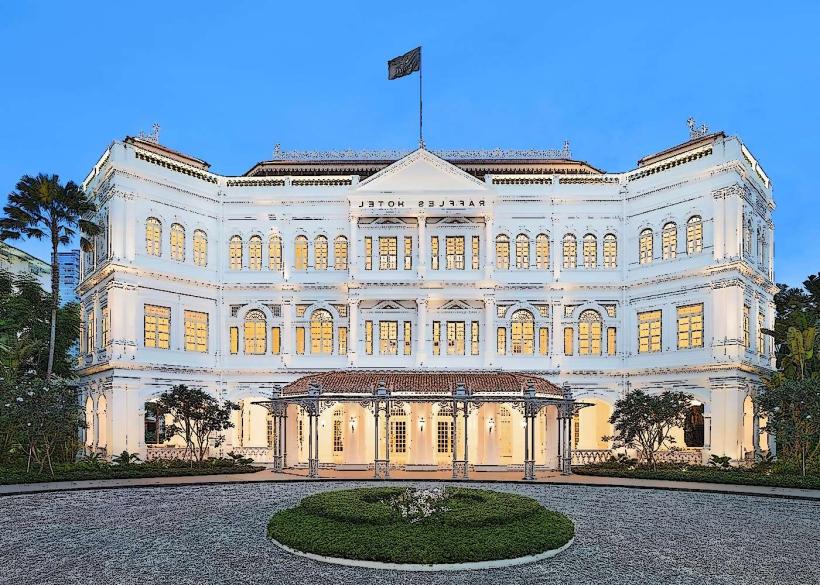Information
Landmark: Singapore City HallCity: Central Region
Country: Singapore
Continent: Asia
Singapore City Hall, Central Region, Singapore, Asia
Singapore City Hall is a civic building located in the Central Region of Singapore. It served as the administrative center for the city-state.
Visual Characteristics
The building is constructed primarily of reinforced concrete and features a neoclassical architectural style. It is characterized by its symmetrical facade, prominent portico with Corinthian columns, and a central dome. The exterior is painted a pale yellow, with white detailing around windows and cornices. The structure has a total height of approximately 50 meters.
Location & Access Logistics
City Hall is situated at 1 Saint Andrew's Road, Singapore 178957. It is located in the Civic District, approximately 1.5 kilometers north of the Singapore River. The nearest Mass Rapid Transit (MRT) station is City Hall MRT Station (NS25/EW13), which is directly connected to the building via an underground walkway. Several bus routes service the area, including routes 7, 12, 32, 51, 63, 80, 145, 174, 195, and 196. Limited public parking is available at the adjacent National Gallery Singapore car park.
Historical & Ecological Origin
Construction of City Hall began in 1927 and was completed in 1937. It was designed by the architectural firm Keys & Dowdeswell. The building's original purpose was to house the municipal government offices and serve as a venue for civic ceremonies.
Key Highlights & Activities
Visitors can explore the former council chambers and administrative offices, which are now part of the National Gallery Singapore. Architectural tours of the building are available. The Grand Dome offers panoramic views of the surrounding Civic District.
Infrastructure & Amenities
Restrooms are available within the National Gallery Singapore. Shade is provided by the building's architecture and surrounding trees. Cell phone signal (4G/5G) is generally strong in the area. Food and beverage options are available within the National Gallery Singapore and at nearby commercial establishments.
Best Time to Visit
For optimal photography of the building's facade, the late afternoon (approximately 4:00 PM to 6:00 PM) provides favorable lighting conditions. The best months for visiting are generally between February and April, which fall within the drier season. No specific tide requirements are applicable.
Facts & Legends
During the Japanese occupation of Singapore, City Hall served as the headquarters for the Japanese military administration. A specific historical detail is that the surrender document of Singapore to the Japanese was signed in the building's main hall.
Nearby Landmarks
- National Gallery Singapore (0.1km West)
- Padang (0.2km South)
- St. Andrew's Cathedral (0.3km Southwest)
- Victoria Theatre and Concert Hall (0.5km Southeast)
- Asian Civilisations Museum (0.7km South)

